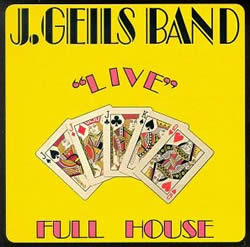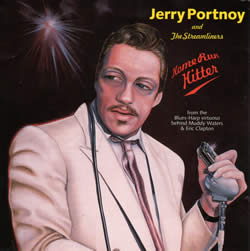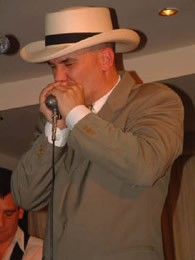Big Walter’s Boogie – Walter Horton
This is THE showcase blues harmonica number which every journeyman player needs to learn. It’s a catchy melody in its own right, but it is particularly attractive when played on the blues harp. And what makes it so important to a player’s development is that, while it incorporates the essential elements of a good harmonica boogie, it offers a concise blueprint for circuiting the 12 bar format without ignoring chord changes and clinging to special effects. In other words it promotes the art of blues musicianship – how and what to play over the I, IV and V chords.
There is no doubt that emulating Big Walter’s delivery demands a great deal of precision. You will need to master a range of techniques including tongue fluttering, octaving, puckering, tongue blocking, tongue slapping and accurate bending. All of which are sustained with excellent breath control. And above all else, you’ll have to nail that BIG tone. Take your time, pay attention to the technique and detail, and you can master this show stopper for yourself. (more…)

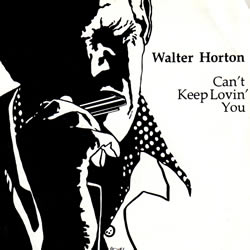

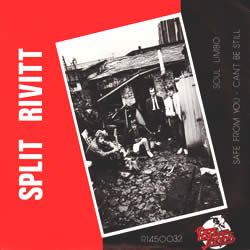 The Good Doctor found himself in San Francisco, the morning after England had pulled off their 2009
The Good Doctor found himself in San Francisco, the morning after England had pulled off their 2009 